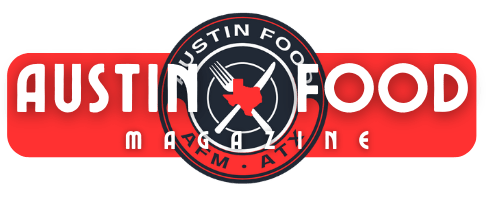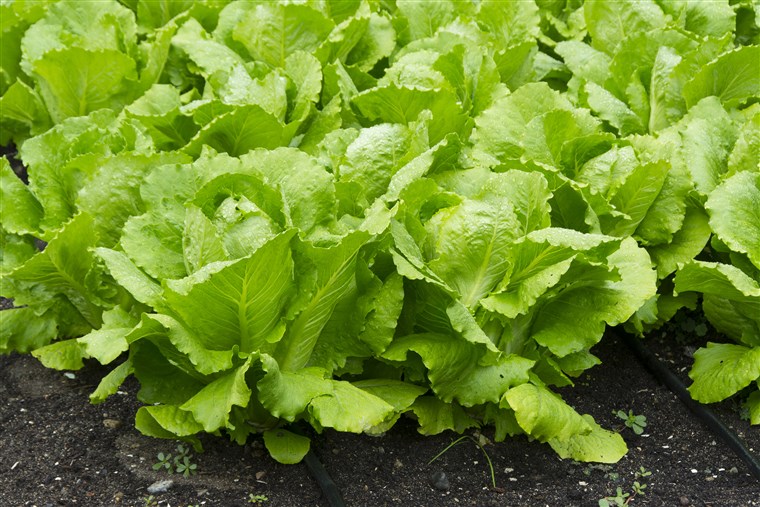The Centers for Disease Control and Prevention (CDC) announced romaine lettuce is unsafe to eat in any form in response to a new outbreak of illnesses causes by a dangerous form of E. coli.
Michael Droke is a partner at the international law firm Dorsey & Whitney devoted to the areas of agriculture and cooperative law, and in the food and agriculture industries.Throughout his career, a substantial part of Droke’s practice has been representing agriculture and food-based companies. He acts as outside general counsel in that industry, handles corporate governance, and manages complicated domestic and international transactions. Of the news today and what it means for companies he says,
“A recall of this magnitude especially during the holiday week will impact not only romaine, but other leafy green vegetables such as spinach. Retailers will be pulling romaine and possibly all other lettuce/leafy greens from their shelves (a process called quarantining) until the source is found,” Droke says.
Droke says while this recall appears to be voluntary, the FDA’s mandatory recall authority it was given this month under the Food Safety Modernization Act (FSMA) is an additional nudge for retailers to move swiftly on their own.
“The Food Safety Modernization Act (FSMA) overhauled the nation’s food safety systems for the first time in over a generation. Among other changes, the food safety law gave the Federal Food and Drug Administration (FDA) mandatory recall authority for foods if there is a reasonable probability that the food is adulterated or misbranded, and that the food could cause serious illnesses or death. Put another way, the FDA was given authority to force a recall even if the retailer, supplier, or producer wanted to avoid it. The FDA must allow the responsible party to conduct a voluntary recall before ordering a mandatory recall. Prior to the FSMA, the FDA could only rely on manufacturers to voluntarily recall certain potentially harmful food products,” Droke says.
“The FDA’s mandatory recall authority applies to all foods (other than infant formula) that are manufactured, processed, packed, or held at a food facility subject to the Food, Drug and Cosmetics Act. It applies to all food for humans, animals and the ingredients that go into that food. Infant formula has its own recall requirements under a different law,” Droke says.
“Before the FDA can use its mandatory recall authority, the FDA must make a determination that there is a reasonable probability that the food is adulterated or misbranded. The FDA must also make a determination that there is a reasonable probability that using or exposure to such food will cause serious adverse health consequences or death to humans or animals (in a tongue twister, referred to a “SAHCODHA” hazard),” Droke says.
“Once the FDA has determined that the criteria for a mandatory recall have been met, the FDA must provide the responsible party with an opportunity to voluntarily cease distribution and issue a voluntary recall. The FDA will notify the responsible party of this opportunity in writing. If the responsible party refuses or does not voluntarily cease distribution and recall the article of food within the time and manner prescribed by the FDA, the FDA may order the recall. The FDA must also allow the responsible party to request an informal hearing to be held within two (2) days after the order is issued,” Droke says.
“The FSMA mandatory recall authority gives teeth to the FDA’s enforcement right. This agency’s guidance helps employers understand when that authority will be used, and will encourage companies to voluntary recall products to avoid a mandatory sanction. Food and ingredient companies should prepare in advance for the need to recall their products to minimize the risk of a mandatory order,” Droke says.


